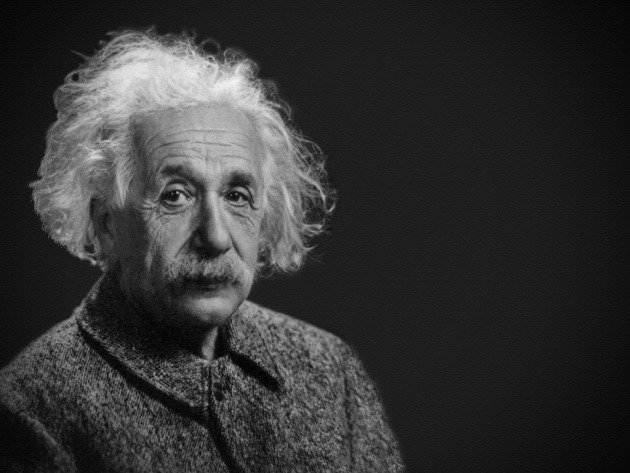Determining the most loved video games involves evaluating multiple facets that contribute to their enduring popularity and emotional resonance with players. Central to this assessment are gameplay mechanics, storylines, character development, graphics, and cultural impact. Each of these elements plays a crucial role in crafting an experience that not only entertains but also fosters a deep connection with the audience.
Gameplay mechanics are often the foundation of a beloved game. They dictate how players interact with the game world, influencing their overall satisfaction and engagement. For instance, the fluid and intuitive controls of Super Mario Bros. set a high standard for platformers, making it a timeless classic. Similarly, the strategic depth in games like StarCraft captivates players by offering a challenging yet rewarding experience.
Equally significant are compelling storylines. A well-crafted narrative can transform a game from a mere pastime into an unforgettable saga. Games like The Last of Us and Final Fantasy VII are celebrated not just for their gameplay, but for their emotionally rich stories that resonate deeply with players. These narratives often explore complex themes and character arcs, creating a lasting impression.
Character development further enhances a game’s appeal. Memorable characters become icons in the gaming world, as seen with figures like Lara Croft from Tomb Raider and Link from The Legend of Zelda. Their growth and development throughout the series contribute to a sense of familiarity and attachment, making players eager to follow their journeys.
Graphics and visual design are also pivotal. While not the sole determinant of a game’s success, high-quality graphics can significantly enhance immersion. Titles like The Witcher 3: Wild Hunt and Red Dead Redemption 2 are lauded for their stunning visuals, which bring their expansive worlds to life and elevate the overall gaming experience.
Lastly, cultural impact cannot be overstated. Games that transcend the medium to influence popular culture often achieve a revered status. Pokémon, for example, has become a global phenomenon, impacting various aspects of entertainment and media beyond gaming. Such games leave an indelible mark, shaping the industry and player expectations.
In summary, the most loved video games are distinguished by their exceptional gameplay mechanics, engaging storylines, well-developed characters, impressive graphics, and significant cultural impact. These elements collectively create experiences that not only entertain but also forge lasting emotional connections with players.
1. The Legend of Zelda: Ocarina of Time

Released in 1998 by Nintendo, “Ocarina of Time” revolutionized 3D gaming with its immersive world and innovative gameplay mechanics. Praised for its storytelling, puzzles, and the iconic ocarina instrument, it has garnered numerous Game of the Year awards and is often cited as the greatest video game ever made.
2. Super Mario Bros.

This 1985 classic by Nintendo introduced players to the adventures of Mario in the Mushroom Kingdom. Its simple yet challenging gameplay, along with its catchy music and iconic characters, cemented its place as a cornerstone of gaming culture. The game’s influence is seen in countless platformers that followed.
3. Minecraft

Since its official release in 2011 by Mojang, “Minecraft” has captivated millions with its sandbox gameplay that encourages creativity and exploration. Players can build intricate structures, explore vast landscapes, and engage in various adventures. Its educational impact and community-driven content have made it a cultural phenomenon.
4. Final Fantasy VII

Square Enix’s 1997 RPG, “Final Fantasy VII,” is celebrated for its deep narrative, memorable characters, and groundbreaking graphics. The story of Cloud Strife and his battle against the villain Sephiroth has left a lasting impression on players, earning the game numerous accolades and a dedicated fanbase.
5. The Elder Scrolls V: Skyrim

Released in 2011 by Bethesda, “Skyrim” is an open-world RPG that offers unparalleled freedom and endless quests. Its richly detailed world, dynamic combat, and modding community have kept it relevant and beloved for over a decade, with players continually discovering new adventures.
6. Tetris

Created by Alexey Pajitnov in 1984, “Tetris” is a puzzle game that has stood the test of time. Its simple yet addictive gameplay has made it a favorite across generations. The game’s universal appeal and countless adaptations have solidified its status as a timeless classic.
7. The Witcher 3: Wild Hunt

CD Projekt Red’s 2015 RPG, “The Witcher 3,” is acclaimed for its rich storytelling, complex characters, and expansive open world. The adventures of Geralt of Rivia have captivated millions, earning numerous Game of the Year awards and setting a high bar for future RPGs.
8. Halo: Combat Evolved

Bungie’s 2001 release, “Halo: Combat Evolved,” redefined first-person shooters with its engaging story, innovative multiplayer, and iconic protagonist, Master Chief. The game’s success helped establish the Xbox as a major gaming platform and spawned a franchise with a dedicated following.
9. Pokémon Red and Blue

Released in 1996 by Game Freak and Nintendo, “Pokémon Red and Blue” introduced players to the world of Pokémon. The game’s addictive gameplay, memorable creatures, and the slogan “Gotta Catch ‘Em All” have made it a cultural icon, leading to a multimedia empire that includes games, TV shows, and merchandise.
10. Grand Theft Auto V

Rockstar Games’ 2013 release, “Grand Theft Auto V,” is renowned for its vast open world, compelling narrative, and diverse gameplay mechanics. The game’s record-breaking sales and continued popularity through online multiplayer have made it a staple in modern gaming culture.
These games have not only entertained millions but have also shaped the landscape of the gaming industry. Their legacies continue to inspire new generations of gamers and developers alike, ensuring their place in the annals of gaming history.









